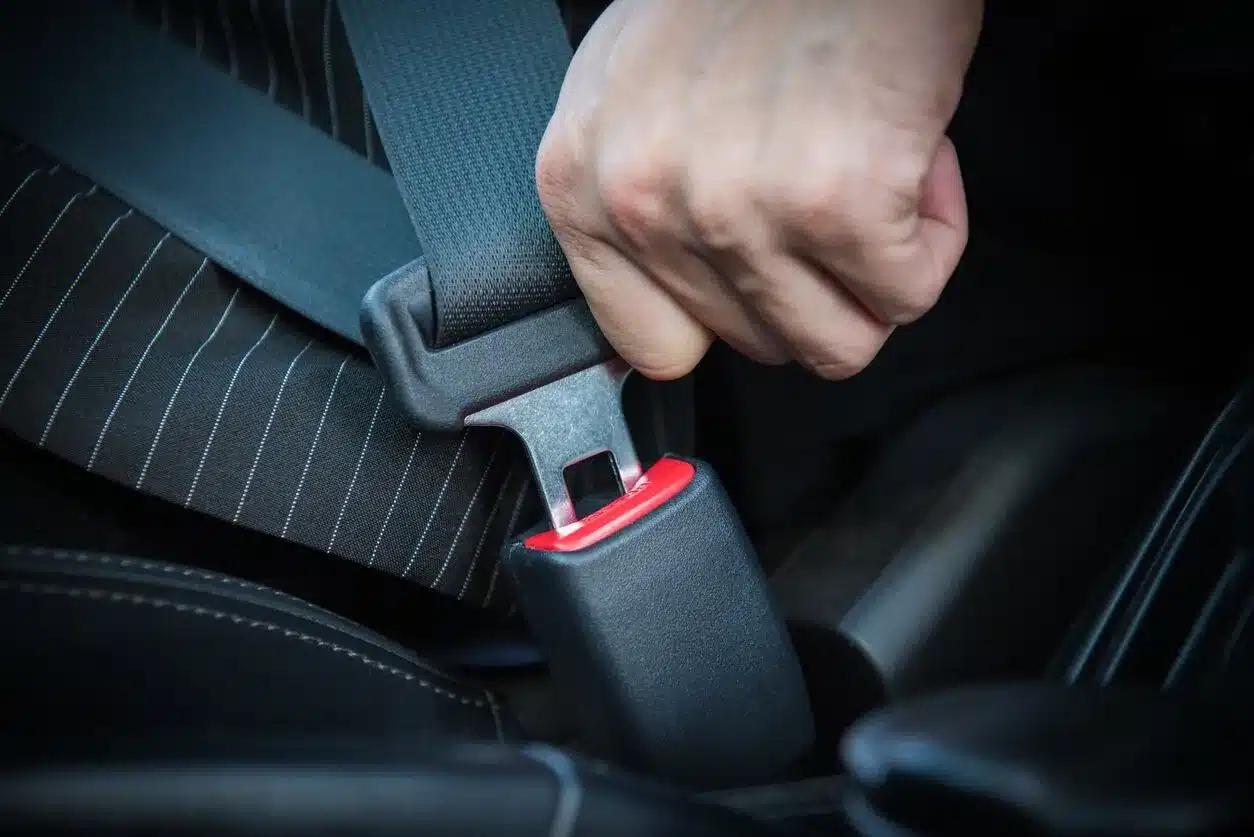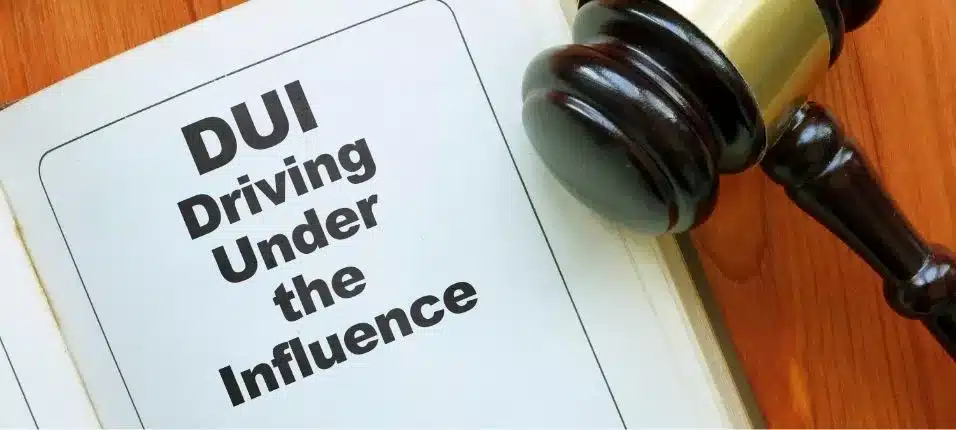Facing a dismissal in a personal injury case can be disappointing, especially when you believe you have a valid claim. However, it’s important to remember that a dismissal doesn’t necessarily mean the end of your case. Here are some key steps to take and options to consider if your personal injury case is dismissed.
Understand the Reason for Dismissal
The first and most critical step is to understand why your case was dismissed. Courts typically dismiss cases for several reasons, including:
- Lack of evidence: If there wasn’t enough evidence to support your claim, the court might dismiss the case.
- Procedural issues: Missing deadlines or filing incorrectly can lead to dismissal.
- Jurisdictional issues: If the court doesn’t have jurisdiction over your case or the defendant, dismissal may occur.
- Failure to state a claim: If the complaint doesn’t sufficiently outline the legal grounds for the case, it may be dismissed.
Ask your attorney to explain the reason in detail so you can explore ways to address it.
Consult with Your Attorney About Next Steps
Your attorney plays a crucial role in helping you understand your legal options after a dismissal. They can help you assess whether the dismissal was “with prejudice” or “without prejudice”:
- With prejudice: This type of dismissal means you cannot refile your case. In this situation, your options are limited, but you may have grounds for an appeal.
- Without prejudice: If your case was dismissed without prejudice, you might have the opportunity to fix the issues and refile the case.
Consider Refilling or Amending the Case
If your case was dismissed without prejudice, it means you may be able to refile your case. Often, dismissals without prejudice are issued because of procedural issues, missing evidence, or other fixable problems. Work with your attorney to address these issues and strengthen your case before refiling. This may involve gathering additional evidence, revising the complaint, or ensuring that all procedural requirements are met.
Appeal the Decision
If your case was dismissed with prejudice and you believe the dismissal was unjust, you may have the option to appeal. An appeal is a request for a higher court to review the lower court’s decision. It’s important to note that appealing a case can be a lengthy and complex process.
Strengthen Your Case Moving Forward
If you decide to refile or appeal, you may need to strengthen your case to improve your chances of success. Consider these strategies:
- Gather additional evidence: Collect as much evidence as possible to support your claims, including medical records, police reports, witness statements, and photos of the accident scene.
- Address any procedural issues: Ensure that all documents are correctly filed, and deadlines are met.
- Prepare expert testimony if needed: In some cases, expert witnesses can provide valuable insight that supports your claim.
Learn from the Experience
While a dismissal can be discouraging, it can also provide valuable lessons. Review the case with your attorney to identify areas for improvement. Whether it’s ensuring all documentation is complete or gathering more compelling evidence, you can strengthen your approach for any future cases.
Final Thoughts
A dismissal doesn’t have to mean the end of your pursuit for justice. With the right guidance and determination, you may still achieve a favorable outcome. At 770GoodLaw, we are here to help you understand and navigate the process, whether you’re refiling, appealing, or seeking compensation in a new claim. Contact us today to discuss your case, and let’s work together to help you get the results you deserve.





